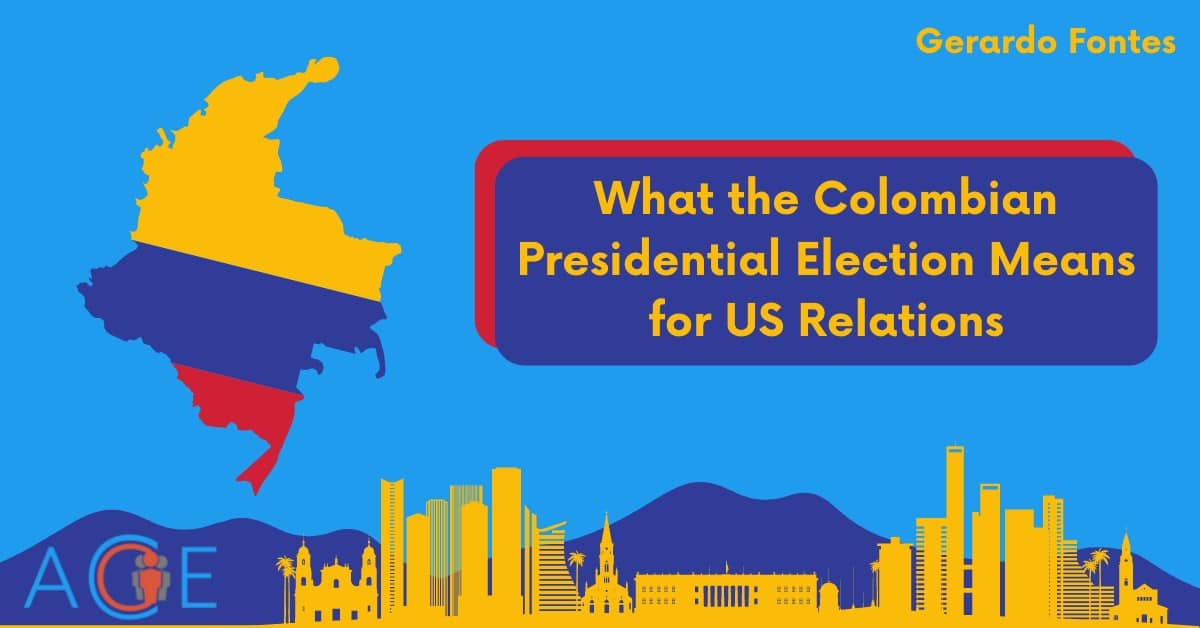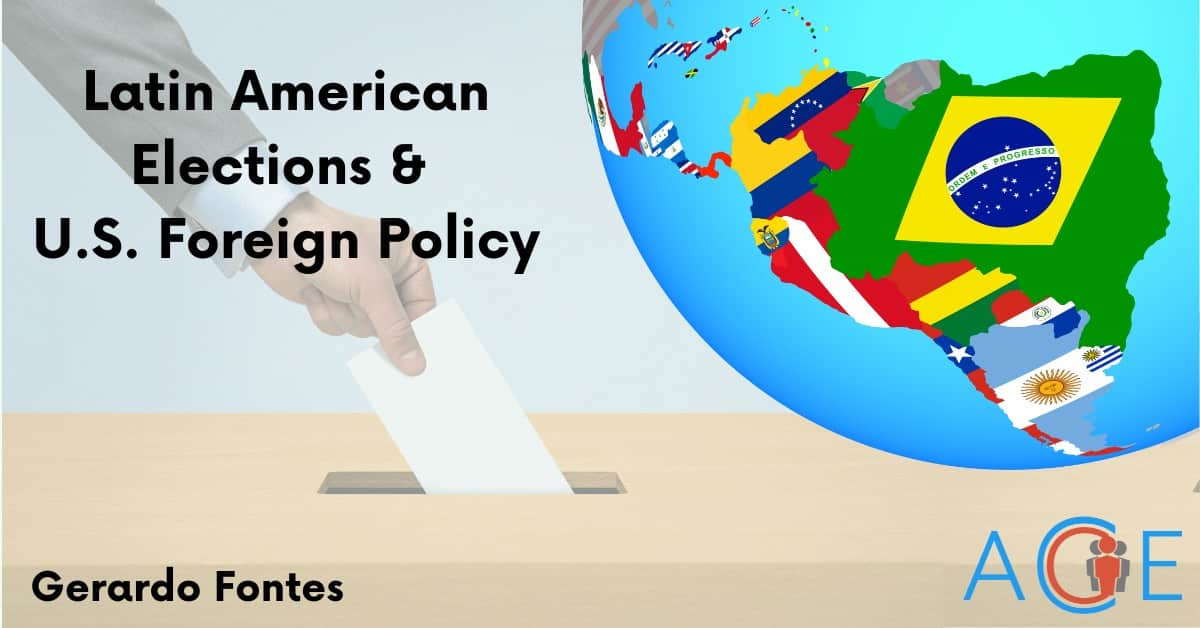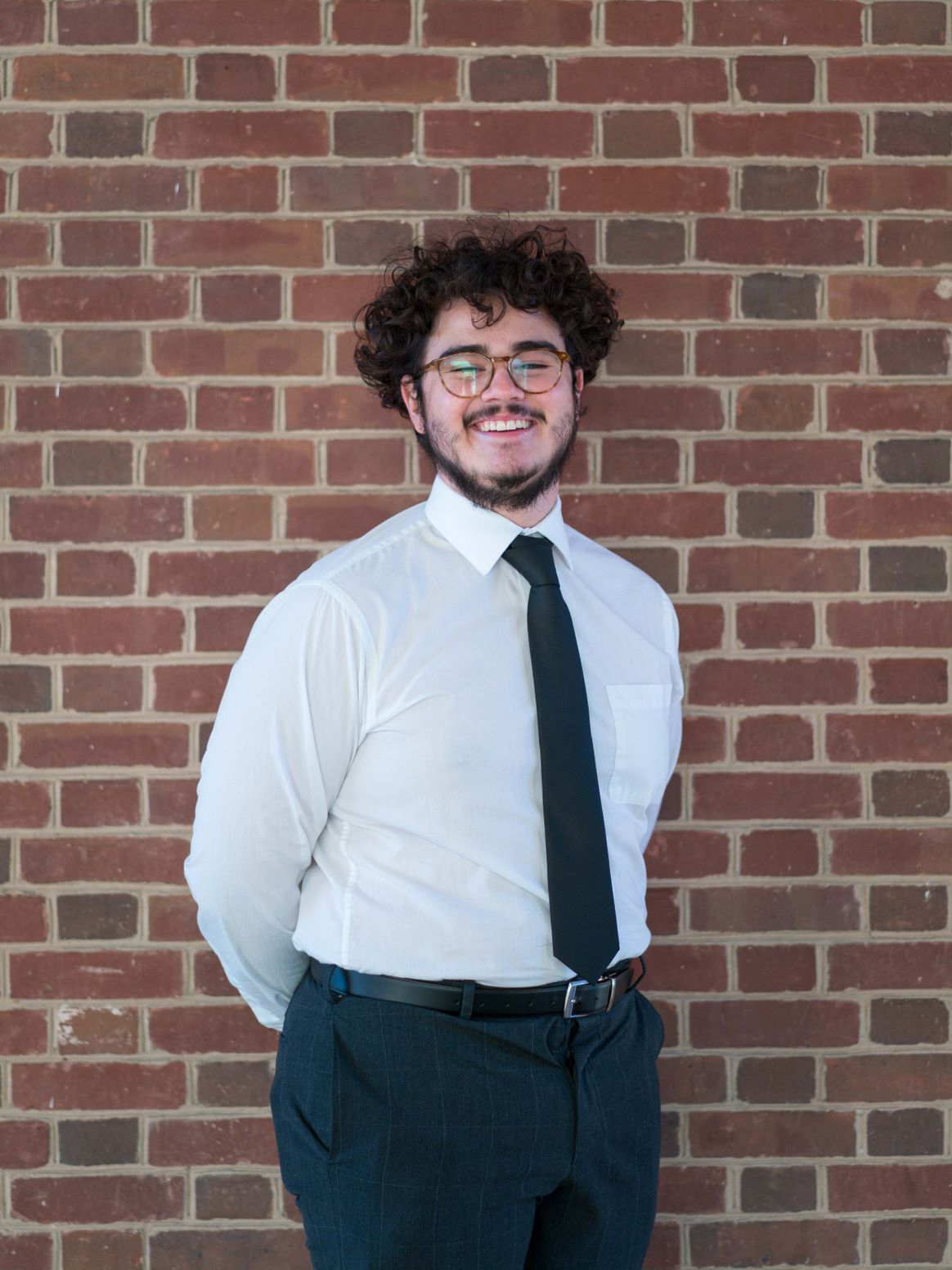Introduction
On June 19, 2022, Colombia elected Gustavo Petro, the 62-year old, left-wing senator, former mayor of Bogotá, and former member of the M-19 guerilla, as president with 50.8% of the vote, defeating Rodolfo Hernandez, a 77-year-old real estate tycoon and former mayor of Bucaramanga.
Petro’s win is historic, as he becomes the country’s first-ever leftist president. His running mate, Francia Márquez, is also breaking new ground by becoming the first Afro-Colombian and first woman to be elected vice president. Petro received almost 11.3 million votes, the most any presidential candidate has ever received. Many of those votes were the result of a surge in participation from poor and coastal communities.
Many of these voters were not energized to the polls by concerns over security and counter-narcotics, which have dominated past election cycles. Instead, the COVID-19 pandemic, mass protests, and a deteriorating economic climate, along with issues such as inequality, poverty, social problems, police brutality, corruption, and climate change have become the main drivers for a new wave of poor, young, and urban Colombians. Many viewed Petro as a figure to challenge the establishment and help “the nobodies”.
Petro’s Colombia
When Petro was inaugurated n August 2022, he took over a nation reeling from rising inflation, poverty, and unemployment. According to Americas Quarterly, 4 million Colombians went into poverty during the pandemic. A 2022 poll found 85% of Colombians think the situation in the country is worsening, with 34% believing the economy is the main problem. Only 26% of Colombians are satisfied with its democracy.
Petro is taking over an unsatisfied and disillusioned Colombia. But it’s up to Petro to find allies for his Pacto Historico coalition—a coalition of left-leaning and center political parties and social groups—to begin to enact some of his campaign promises and goals from the economy to climate change.
Economic Reform
During his campaign, Petro emphasized the need for structural economic reform, stating in an interview with El Pais, “the establishment does not want change. It has become wealthy with an economic model that prioritizes the financial sector and is based on the extraction of oil and coal….a model like this increases social inequality, which is the mother of violence.”
Petro’s goals include tax reform to finance new social programs and public projects to combat rising inequality and poverty in the country. 42.5% of the Columbia population—21 million people—live below the poverty line of 331,000 pesos (~$77) per month. Much of his plan is focused on increasing taxes and royalties on extractive industries and their products, such as mining endeavors and fossil fuels, which could raise around $5.2 billion in added revenue. Petro wants to implement a new progressive income tax where Colombians earning more than 10 million pesos per month—1% of the population—will pay progressively higher taxes.
Petro also plans to focus on corporate tax evasion. According to Reuters, tax evasion costs the Colombian government $17.6 billion annually. These funds could be used to reduce the country’s deficit, which sits at 7.1% of its GDP.
Climate Change
Petro has been adamant that his priority as president is dealing with the environment and moving the country away from extractive industries, towards a productive economy. His vision of a “productive” economy would be becoming independent of oil and mining industries, which account for 50% of Colombia’s exports and 14% of government revenue, and replace them with renewable energy, sustainable agriculture, and tourism. He also committed to end new oil exploration licenses which will be a complicated task because the government currently holds an 88% stake in EcoPetrol. However, Petro has made it a key goal of his presidency to make Colombia a global example in shifting away from extractive industries toward an environmentally oriented future.
Social Reform
Petro’s running mate, Francia Marques, represents a crucial advancement for many marginalized groups in Colombia. Petro’s has proposed creating a Ministry of Equality and ensuring 50% of all government positions are held by women. His campaign has put forward reforms to the public pension, healthcare programs, and public education in an effort to expand coverage and accessibility.
The issue of hunger has also intensified recently, with the Colombian Association of Food Banks reporting that around 16 million Colombians have access to 2 meals or less a day. To combat this issue, Petro plans to declare a state of emergency against hunger in the country.
Security & Counter-Narcotics
In regards to security, Petro has stated that he wants to properly implement the 2016 peace agreement with the guerilla group FARC, and begin peace negotiations with the National Liberation Army (ELN). He has also set his goals to promote reforms for the military and police including hold military officials accountable for human right violations, dismantle the police riot squad (ESMAD), professionalize the military, and reform its merit-based promotion system.
US-Colombia Relations Under Petro
Colombia has been the US’s strongest Latin American partner for over two decades, with the US providing over $13 billion in aid. However, with the election of Gustavo Petro, the US finds itself with a new Colombian government different from the conversative governments of the past. While the Biden administration seems to be taking an open and cautious approach with Colombia, Petro seeks a ‘more equitable’ relationship” with Washington. At this time, it is not yet clear what that equitable relationship will entail.


